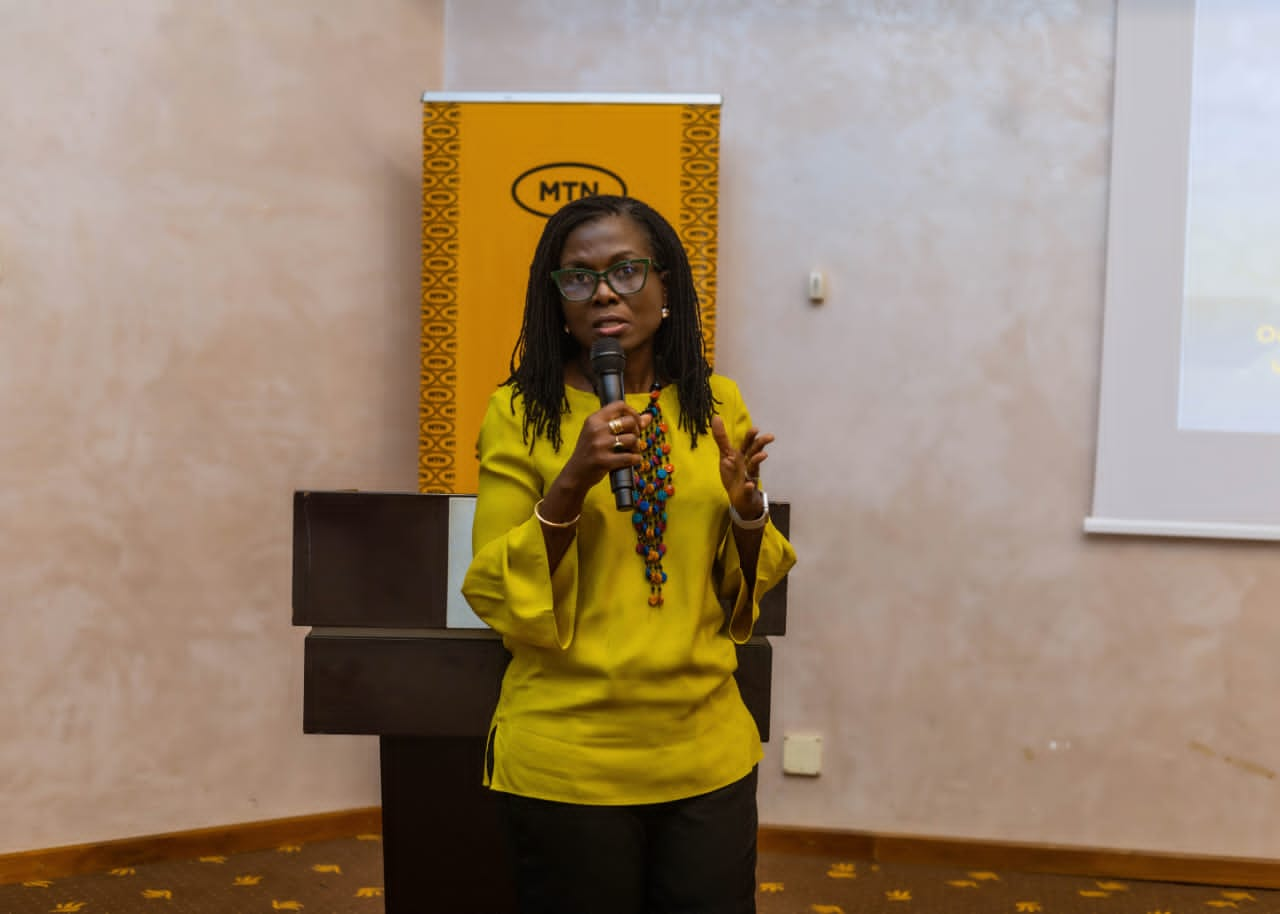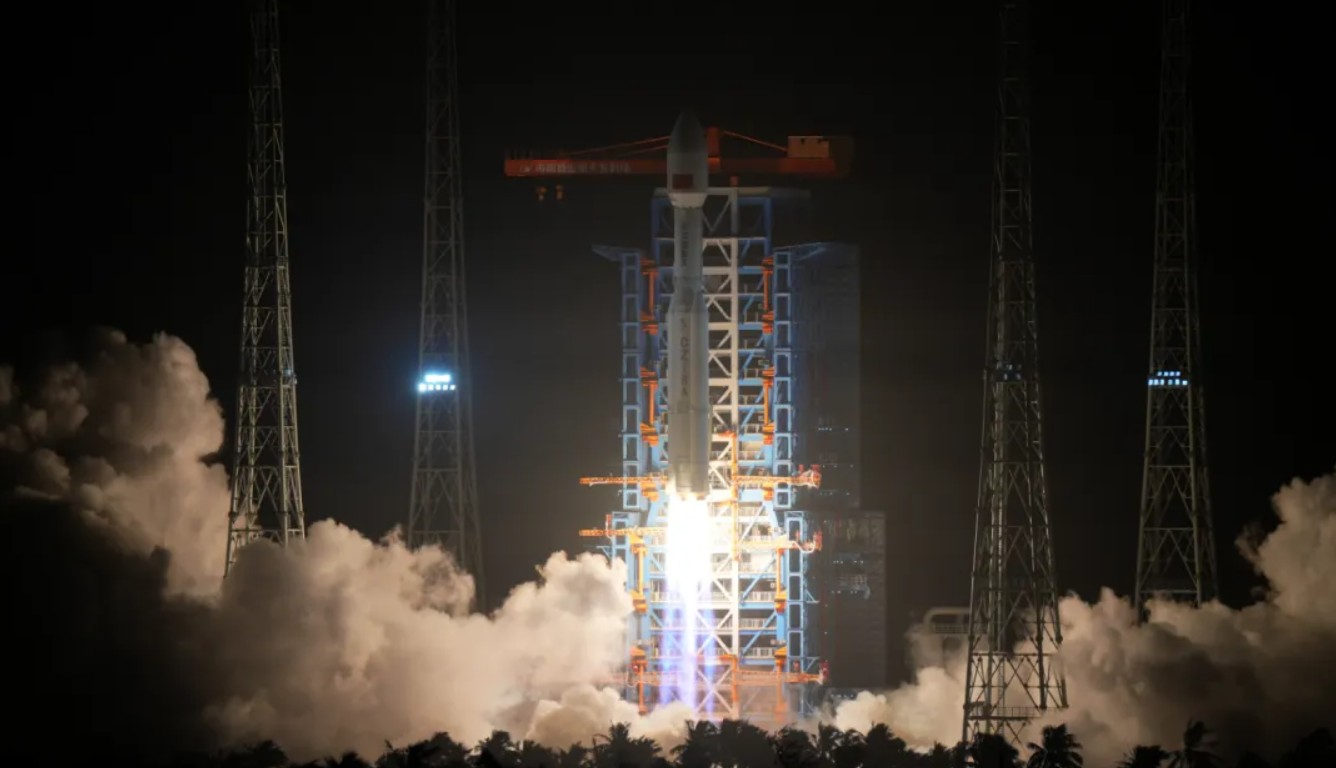By Charles Nixon,Joy Business 26pm
Copyright myjoyonline

The Chief Corporate Services and Sustainability Officer of MTN Ghana, Adwoa Wiafe, has called on stakeholders to harness the power of storytelling as a tool to inspire climate action and build resilience across Africa.
She made the call as keynote speaker at the Africa Climate Communication Summit 2025 (Virtual Edition) under the theme “Towards a Climate Resilient Africa through Strategic Communication.”
Adwoa Wiafe emphasised that while Africa continues to face some of the harshest impacts of climate change, the continent is also developing creative and homegrown solutions.
“Indigenous knowledge is not being left out. Practices such as rainwater harvesting are being integrated into modern technology for greater sustainability. It is our responsibility to tell both sides of our experience, the positives and the negatives, in equal measure, because in both lie opportunities that we can take advantage of,” she said.
In her address, she posed a critical question: “How do we ensure that the urgency of climate action reaches every individual, every sector, and every community to help Africa become climate-resilient—that is, to be able to prepare for, respond to, and recover from the impact of climate change?”
According to her, the answer lies in communication and storytelling. “We must do more than just deliver messages. We must deliver the right messages to the right people, at the right time, through the right channels, and with the right intent,” she urged.
Highlighting Africa’s rich cultural traditions, Wiafe stressed that storytelling has always been central to the continent’s identity. “Through stories, we have passed down wisdom, preserved our histories, and strengthened our communities. Today, we must leverage this timeless tool to communicate the realities of climate change—not just with data, but with human stories that touch hearts and minds. While data informs, stories inspire and are unforgettable. Stories have the power to make climate change relatable and galvanize communities to action.”
She illustrated how well-told stories could drive change, from a grandmother in a rural village sharing how erratic rainfall affects her crops, to a young activist using social media to document rising sea levels in coastal cities, or journalists exposing the struggles of communities on the frontlines. “Our challenge is how we explain climate change and its impact to all these sectors of our economy and all our people. Our stories must be told proactively and in a way that prevents such events from becoming our everyday reality,” she added.
She also described the media as one of Africa’s strongest allies in shaping public opinion and magnifying the voices of those most affected. Wiafe therefore called for greater investment in climate journalism to equip reporters with the skills and tools to communicate climate issues accurately and compellingly.
Other distinguished speakers at the Summit included Dr Ama Birago Kantanka Gyimah, Climate Communication and Gender Specialist; Dr Albert Anani-Bossman, Senior Lecturer at the University of Media, Arts, and Communication; Ruby D. Brown, Sustainability and Gender Advocate; and Dr Vincent Nduka Ojeh, Associate Professor at Taraba State University, Nigeria.
The two-day summit brought together experts, communicators, and stakeholders across the continent to explore strategies for enhancing Africa’s climate resilience through effective communication and knowledge sharing.



